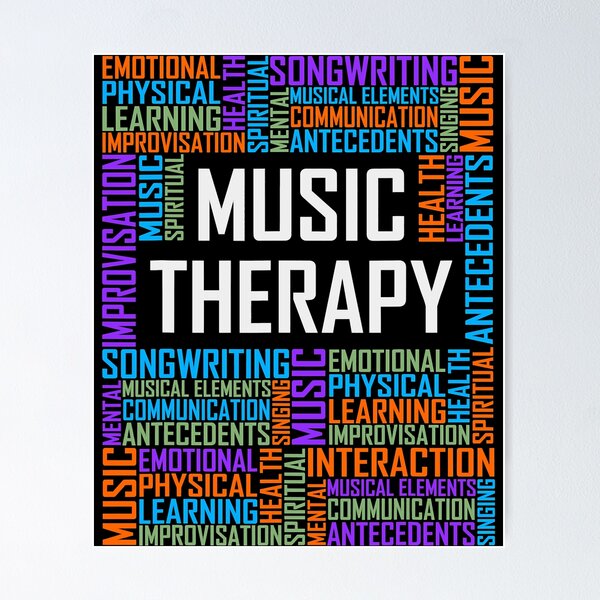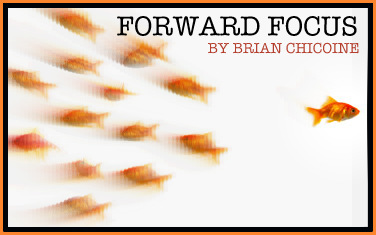
 Although not officially recognized as an alternative medicine in New Hampshire, and therefore not covered by Medicaid or most major insurers, music therapy is – in my opinion – a very powerful and beneficial form of alternative medicine.
Although not officially recognized as an alternative medicine in New Hampshire, and therefore not covered by Medicaid or most major insurers, music therapy is – in my opinion – a very powerful and beneficial form of alternative medicine.
There are many ways to treat mental health-related ailments. There is medicine, which can be harmful to the patient and others if incorrectly prescribed, (not to mention the potential harm on one’s body), there is traditional counseling, which is helpful and often aids the patient, and there are expressive therapies, which certainly help. This article highlights music therapy, but expressive therapies can also include writing, art, drama, and dance. While music therapy is not a cure for any mental health condition, it can be an effective and enjoyable tool for reducing the symptoms of numerous conditions, including depression and anxiety.
A Local Alternative
Locally, there is a place that provides Music Therapy and in this writer’s opinion, does it very well. The music therapists have created a positive atmosphere that allows clients to express their musical abilities while experiencing the therapeutic benefits of this form of therapy. This place is the Manchester Community Music School, located at 2291 Elm St. here in Manchester, (for those of us who know, this is the building that used to house Notre Dame College). The Music Therapy Department at MCMS can be reached at (603) 644-4548.
So, what is Music Therapy?
Music therapy is a research-based practice in which music is used to actively support people as they strive to improve their health, functioning, and well-being. It involves the clinical and evidence-based use of music interventions to accomplish individualized goals within a therapeutic relationship by a credentialed professional who has completed an approved music therapy program. Music therapists are skilled professionals trained to use music and its elements—such as rhythm, melody, and harmony—in a targeted manner to effect changes in their clients’ cognitive, emotional, physical, social, and spiritual health.
The goals of music therapy can vary widely depending on the needs of the individual but may include:
- Promoting Wellness: Enhancing well-being, stress management, and relaxation.
- Managing Stress: Utilizing music listening and music-making activities to reduce stress and anxiety.
- Alleviating Pain: Using music to provide distraction and promote relaxation to reduce perception of pain.
- Enhancing Memory: Leveraging familiar music to recall memories and improve cognitive function.
- Improving Communication: Facilitating opportunities to express oneself or communicate non-verbally through music.
- Promoting Physical Rehabilitation: Using rhythm and music to aid in physical therapy, improve motor skills, or support movement.
Music therapy can be designed for individuals or groups and can involve creating, singing, moving to, and/or listening to music. Through musical involvement in the therapeutic context, clients’ abilities are strengthened and transferred to other areas of their lives. Music therapy also provides avenues for communication that can be helpful to those who find it difficult to express themselves in words.
Music therapy is applicable to clients of all ages and across a broad range of settings, including hospitals, schools, rehabilitation centers, nursing homes, community centers, and hospice care facilities. The practice of music therapy is based on a growing body of research that demonstrates the impact of music on the human mind and body, making it a versatile and valuable tool in the healthcare and educational fields.

Music Therapy has been around for a long time…
The use of music as a healing tool can be traced back to ancient civilizations, where it was intertwined with rituals, celebrations, and medical practices. Ancient Greek philosophers, such as Plato and Aristotle, acknowledged music’s profound emotional and psychological effects, advocating its use for therapeutic purposes. In the writings of ancient civilizations, including those of Egypt, China, India, and Rome, there are references to music being used for healing.
The formal recognition and development of music therapy as a professional field, however, began in the 20th century, especially after World Wars I and II. During these conflicts, musicians visited hospitals and played for war veterans suffering from physical and emotional injuries. The noticeable positive effects of these musical interventions led to the hiring of musicians by hospitals. This practice marked the inception of music therapy as a professional field, leading to the establishment of the first music therapy degree program at Michigan State University in 1944.
Foundations of Music Therapy
Music therapy is grounded in various theoretical frameworks that guide its practice. One of the foundational theories is the Iso Principle, which suggests that music can be used to match and then gradually alter a person’s mood. Another important theory is the Gate Control Theory of Pain, which states that music can help reduce the perception of pain by providing a stimulus that distracts the brain’s attention from pain signals.
Cognitive theories also play a significant role, emphasizing how music therapy can enhance cognitive functions such as attention, memory, and executive functions. Moreover, psychodynamic theories focus on how music can facilitate emotional expression, providing a non-verbal way for clients to explore and express their feelings.
Modern Applications and Research
The field of music therapy has expanded significantly in recent decades, with research supporting its effectiveness in various areas. In mental health, music therapy has been shown to reduce anxiety and depression, improve mood, and increase self-esteem. In neurorehabilitation, it has been effective in improving motor skills, speech abilities, and cognitive functions in individuals recovering from strokes or traumatic brain injuries.
Music therapy also plays a crucial role in pain management, where it helps to reduce the perception of pain and decrease the reliance on pharmacological interventions. Furthermore, in palliative care, music therapy provides comfort to terminally ill patients, helping them cope with pain, stress, and spiritual concerns.
 Challenges and Future Directions
Challenges and Future Directions
Despite its proven benefits, music therapy faces challenges related to recognition and integration into mainstream healthcare. Limited awareness among healthcare professionals and the public, along with varying standards for practice, can hinder its use. Additionally, ongoing research is essential to further understand the mechanisms behind music therapy’s effectiveness and to develop standardized protocols for its use.
The future of music therapy is promising, with technological advancements opening new avenues for therapeutic applications. Virtual reality, artificial intelligence, and mobile health apps are being explored for delivering music therapy, making music therapy more accessible to those unable to attend in-person sessions.
Conclusion
Music therapy represents a unique and powerful approach to healing and wellness, bridging the gap between art and science. As research continues to show the benefits of music therapy, it is poised to become an integral part of holistic healthcare, offering continued hope and healing.. With ongoing advocacy and education, music therapy can achieve greater recognition and integration into healthcare systems, ensuring that more individuals benefit from it.








